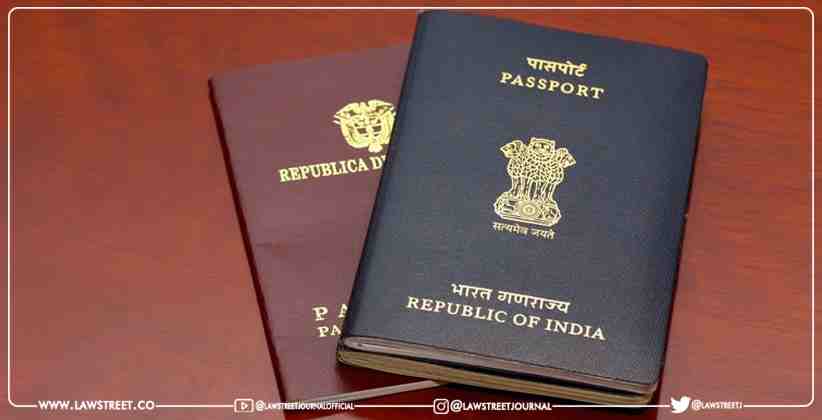Orrisa: The Orissa High Court has issued significant guidelines regarding the release of seized currency and other properties in criminal cases, emphasizing that keeping money stagnant serves no practical purpose and fails to contribute to economic activity.
Justice Sibo Sankar Mishra delivered a comprehensive judgment allowing the release of ₹15 lakhs seized from the petitioner in connection with an alleged multi-crore investment fraud case.
Orissa HC Emphasizes Economic Utility of Seized Currency in CBI Fraud Investigation
The court addressed a Criminal Revision Petition filed by Lakshman Srinivasan against the Republic of India (CBI). The petition challenged an order by the Special Judge (CBI), Bhubaneswar, who had rejected the petitioner’s application seeking the release of cash seized during the investigation.
In its observations, the court noted: “The larger picture emerging from the facts of the present case is that the petitioner and others targeted innocent citizens, exploited them, and amassed huge wealth, sometimes resulting in cash currency hounding.” However, the court also recognized that “the release of money ensures that the seized currency remains in circulation, thereby aiding the national economy.”
The court emphasized the economic implications of retaining seized cash, stating: “Currency is meant to be in circulation to facilitate trade, commerce, and overall economic growth. Keeping large sums of money idle in custody neither benefits the State nor the affected individuals.”
Orissa High Court Issues Guidelines on Handling Seized Assets in Economic Offence Cases
Justice Mishra further directed the release of the seized amount, subject to specific conditions including preparation of a detailed panchnama, preservation of color photographs of the currency, furnishing of a bank guarantee equivalent to 50% of the seized amount, and securing the remaining 50% through indemnification of immovable property.
Going beyond the specific case, the court issued comprehensive guidelines for handling various types of seized properties, including cash, bank deposits, vehicles, precious articles, liquor, narcotics, perishable goods, firearms, and electronic devices.
The court directed that these guidelines be transmitted to all District Courts, Special Courts, subordinate courts, and law enforcement agencies in Odisha for their guidance.
Mr. Debashis Sinha, Advocate, appeared for the petitioner, and Mr. Sarthak Nayak, Special P.P.-cum-Retainer Counsel (CBI), appeared for the opposite party.
Case Title: Lakshman Srinivasan v. Republic of India (CBI)




![Orissa HC awards Rs 10 lakh to father who lost child to stray dog attack [Read Judgment]](/secure/uploads/2023/12/lj_3371_Stray_dog_menace.jpg)
![Orissa HC rules in favour of BJDs Lok Sabha MP Anubhav Mohanty in divorce plea [Read Judgment]](/secure/uploads/2024/01/lj_2524_Anubhav_Mohanty.jpg)
![Indian Courts this Week: Law Street Journal's Weekly Round-Up of SC & HCs [Jan 1 - Jan 6]](/secure/uploads/2024/01/lj_9050_WhatsApp_Image_2024-01-06_at_12.07.10_PM.jpeg)




